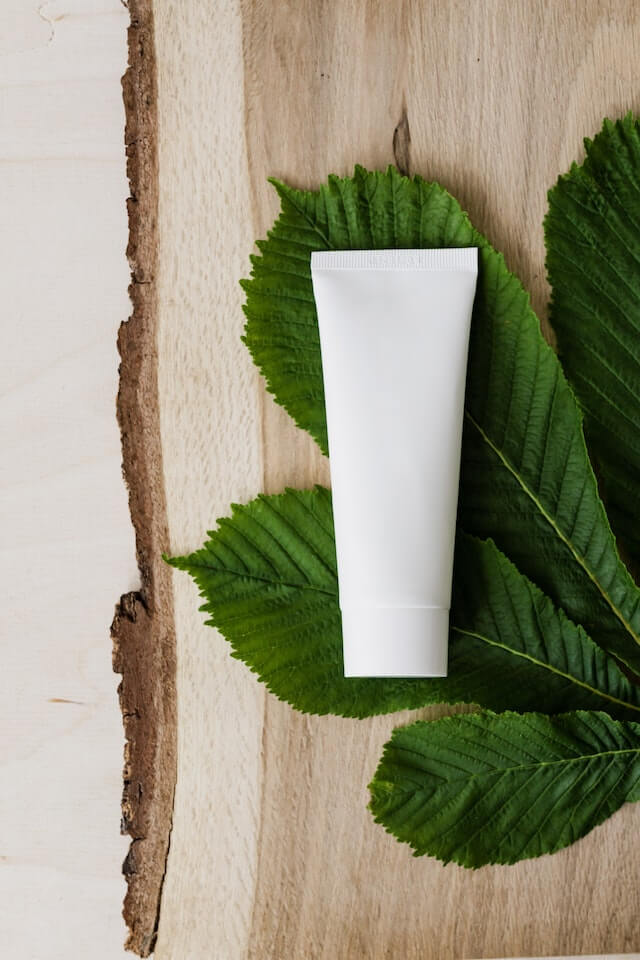Out of the general population in the United States, about 80% of men are circumcised. Circumcision in adult men is so popular because many doctors agree it is healthier.
But what if you are in the minority and you think it is inhibiting your sexual function?
Well, if you don’t have a circumcised penis, and you wonder if your tight foreskin is causing you to release a bit early…
This article is for you.
We’ll review premature ejaculation, if a tight foreskin is a possible suspect for high sensitivity/early ejaculation, and how to fix it. Without further ado–let’s get crackin’.
Premature Ejaculation And Males
Premature ejaculation (and erectile dysfunction) can be a source of great emotional distress/self-esteem issues for men, and it can be especially challenging for uncircumcised men. It can lead to feelings of inadequacy, frustration, and shame, and it can have a negative impact on relationships and intimacy. These emotions can be compounded by the added stigma and misinformation that can often surround the topic of premature ejaculation, especially for uncircumcised men.
It’s important to remember, however, that premature ejaculation is a common issue that can affect men of all ages and backgrounds and that there are effective treatments available to help manage it. With the right support and care, men who are struggling with premature ejaculation can find relief and improve their sexual relationships. Are men who don’t get the surgery more subject to an early orgasm?
Can a tight foreskin cause premature ejaculation?
Tight skin covering the penis, also known as phimosis, can potentially cause premature ejaculation in some cases. The phimosis occurs when the foreskin is too tight to be fully retracted over the head of the penis, which can cause discomfort or pain during sexual activity. This discomfort or pain can lead to a reflexive ejaculatory response, which can result in premature ejaculation.
The surgical removal of the foreskin from the penis may result in reduced sensitivity and sexual pleasure for the individual. The foreskin contains a high concentration of nerve endings and is an important part of the male sexual anatomy. It is thought that the removal of the foreskin may lead to a decrease in the number of nerve endings and a decrease in the sensitivity of the penis. Aka, a circumcised penis would have a less sensitive area and a more
However, there are conflicting studies on the subject, and the degree to which circumcision may affect sensitivity and sexual pleasure can vary from person to person. Some studies have found that male circumcision may lead to a decrease in sensitivity, while others have found no significant difference in sensitivity between circumcised and uncircumcised men.
It is important to note that circumcision is a personal decision and should be made after careful consideration and consultation with a medical professional. If you are considering circumcision, it is important to discuss the potential risks and benefits with a healthcare provider.
However, it is important to note that there can be many different reasons for premature ejaculation, and are not necessarily caused by tight penile skin. If you experience premature ejaculation and think your foreskin may be a contributing factor, it is important to speak with a healthcare provider for a proper diagnosis and treatment. They can assess your specific situation and determine the best course of action.
How do you fix the phimosis problem?
There are several medical treatment options available for tight penile foreskin. The appropriate treatment will depend on the severity of the condition and any underlying causes. Some common treatment options include:
Stretching exercises
In some cases, stretching exercises can help to loosen the foreskin and improve its flexibility gradually. These exercises should be performed under the guidance of a healthcare provider. Pull back and move the foreskin, which can be down while cleaning the penis in the shower. Coconut oil could be a type of lubrication to help with this if there is discomfort.
Medication
There are many over-the-counter (OTC) and prescription medications available to help tight foreskin. Topical steroids can be applied to the foreskin to help reduce inflammation and improve flexibility. Betamethasone (Celestone) and triamcinolone (Aristopan) are the most common and require a prescription.
Massaging the ointment into the foreskin and manually retracting the skin twice per day may help make the foreskin more supple. Even pain relievers such as ibuprofen may also be helpful for lasting longer and when exercising your foreskin.
Adult circumcision
In severe cases of phimosis that do not respond to other treatments, circumcision may be recommended. This involves surgically removing the skin covering the male penis. Circumcision removes a large section of sensitive tissue at the tip, which hosts most of the nerve endings that make sex so pleasurable. Circumcised men last longer.
Preputioplasty
This is a surgical procedure that involves making a small incision in the foreskin to widen the opening and allow it to be fully retracted. This can help to improve symptoms associated with phimosis, such as difficulty urinating or discomfort during sexual activity. Preputioplasty is typically performed as a same-day surgery, and the recovery time is usually short. It is generally considered a safe and effective treatment for phimosis, but like any surgery, it carries some risks, such as bleeding and infection.
It is important to speak with a healthcare provider for a proper diagnosis and to discuss the best treatment option for your specific case. They can help you make an informed decision about the most appropriate course of action.
Does getting circumcised help with premature ejaculation?
Circumcision, which involves surgically removing the foreskin from the penis, is generally considered a treatment for premature ejaculation. Circumcision desensitizes the penis by removing many of the free-touch corpuscular receptors. The penis receives direct stimulation often and becomes less sensitive. Studies suggest it is one of the effective methods to treat PE.
What problems can a tight foreskin cause?
A tight foreskin can cause a range of problems and complications. Some potential problems and complications associated with phimosis include:
Discomfort or pain during sexual activity
A tight foreskin can cause discomfort or pain during sexual activity, which can lead to a reflexive ejaculatory response and result in premature ejaculation.
Difficulty cleaning the penis
A tight foreskin can make it difficult to properly clean the penis, which can lead to an increased risk of infection. To clean the penis, it is recommended to gently wash the area with warm water and mild soap daily. It is not necessary to use special cleaners or to scrub the area aggressively.
Difficulty urinating
A tight foreskin can make it difficult to fully expose the opening of the urethra, which can cause difficulty urinating. This can cause problems with urination because the foreskin may obstruct the urine stream.
Inflammation or irritation of the foreskin
A tight foreskin can cause inflammation or irritation of the skin, which can lead to discomfort and pain. Balanitis is an inflammation of the head of the penis that can occur if the area under the foreskin is not kept clean.
If you are experiencing any of these problems and think that a tight foreskin may be the cause, it is important to speak with a healthcare provider for a proper diagnosis and to discuss treatment options.
Dealing with premature ejaculation during sexual intercourse?
Premature ejaculation is a complex condition with many possible causes, and treatment options can vary depending on the underlying cause.
Suppose you are experiencing premature ejaculation and are considering circumcision as a possible treatment option. In that case, it is important to speak with a healthcare provider or doctor for a proper PE diagnosis and to discuss the potential risks and benefits of circumcision in your specific case. They can help you make an informed decision about the best course of action for you.
PE can be treated with a combination of approaches. Although there are surgeries available for premature ejaculation they should generally be considered as a last resort and only used if necessary.
There are a lot less extreme options that such be considered first including medication, counseling, and behavioral techniques. It is important to speak with a healthcare provider or physician if you are experiencing premature ejaculation, as they can help to identify the underlying cause and recommend appropriate treatment options.












